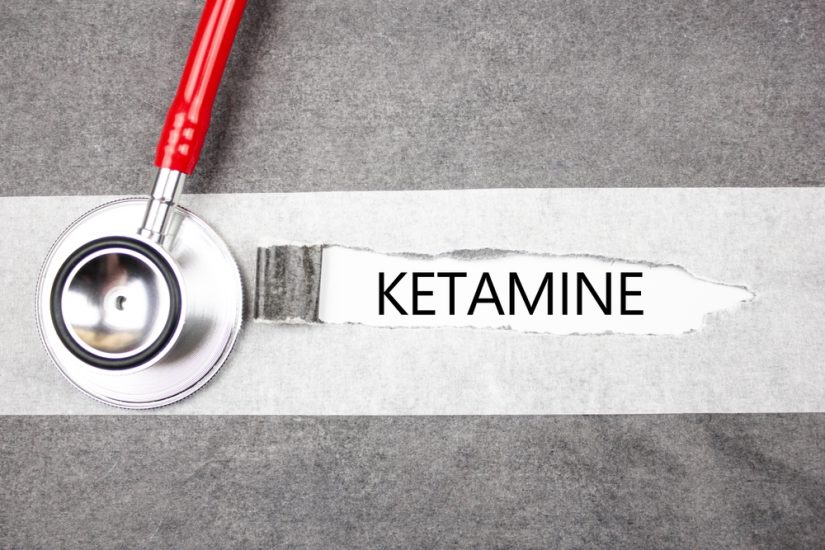- May 22, 2023
- by Shalini Murmu
- Treatment
In a world grappling with the scourge of addiction, drug rehabilitation centers serve as beacons of hope and healing. These sanctuaries exist to rescue people ensnared by the clutches of substance abuse, guiding them on a path toward recovery and renewed purpose. Understanding how drug rehabs work can shed light on the profound impact they have on drug users and society as a whole. In this article, we delve into the inspiring mechanics of drug rehabilitation, exploring their approach that enables transformation and facilitates lasting recovery.
Understanding Addiction
Before we explore the internal process of rehab centers, it is essential to recognize the nature of addiction. The issue of substance abuse and addiction has impactful effects on millions of people worldwide, tearing apart families and communities. Addiction is a chronic, relapsing disorder characterized by compulsive drug seeking and usage, even when doing so has harmful consequences. It affects the brain’s reward system, causing a loss of control and an overwhelming desire to continue substance abuse. Rehab centers recognize addiction as a complex issue that requires a holistic and multidisciplinary approach.
Laying the Foundation Of Comprehensive Assessment
To begin, one must take that crucial first step. For those seeking recovery from addiction, this initial phase often involves a comprehensive assessment. The preliminary evaluation conducted by drug rehabilitation centers takes into account various factors, such as physical health, psychological well-being, substance abuse history, and social circumstances. This holistic evaluation provides a deeper understanding of the person, allowing the formulation of a personalized treatment plan that caters to their specific needs.
Entering Detoxification
Detoxification serves as a crucial phase in the addiction recovery process, as it addresses the physical dependency on drugs or alcohol. Under the vigilant care of medical professionals, individuals are supported through this challenging phase, as their bodies enter a detox and adjust to the absence of the substances they were dependent upon. Medications may be administered to alleviate withdrawal symptoms and severity, and based on how each person reacts to the first phase ensuring a safer and more comfortable transition.
Therapeutic Interventions For Underlined Causes
Drug rehabilitation facilities employ a wide array of evidence-based therapeutic interventions to help people and address the root causes of their addiction. Individual counseling, group therapy, cognitive-behavioral therapy, and family therapy are just a few examples of the modalities utilized. These sessions create a supportive and friendly environment where individuals can explore the true causes of their addiction, develop coping strategies, and cultivate healthier ways of managing stress and emotions.
Dual Diagnosis Treatment To Heal The Mind And Body
Addiction is often coexisting with underlying mental health conditions or vice versa. Drug rehabs help identify the intricate relationship between substance abuse and mental health and offer dual diagnosis treatment to address both aspects simultaneously. By integrating psychiatric care and addiction treatment, individuals receive comprehensive support that acknowledges the interconnectivity of both these concerns. This holistic approach contributes to more effective and sustainable recovery outcomes.
Holistic Approach To Nurture The Whole Being
Considering the fact that addiction affects a person on multiple levels, drug rehabilitation centers adopt a holistic approach that nourishes the mind, body, and spirit. Physical fitness programs, nutritional counseling, mindfulness practices, and alternative therapies such as art therapy and music therapy complement traditional treatment modalities. This combined approach encourages people to reconnect with themselves, develop healthier habits, and rebuild their lives on a solid foundation of overall well-being.
Relapse Prevention For Long-Term Success
Recovery is not a destination but a process of a lifelong journey. Drug rehab centers equip patients with the necessary tools and strategies to prevent relapse and maintain sobriety in the face of future challenges of life. Through relapse prevention programs, one can learn to pinpoint their triggers, manage the urge to have the substance and develop healthy coping mechanisms. These programs also emphasize the importance of aftercare support for people even after recovery is completed. This connects the people with resources such as support groups and outpatient services to sustain their progress beyond their stay at the rehab centers.
Family Involvement Can Strengthen The Support Network
Addiction affects not only the ones abusing substances but also their dear and near ones. There’s no doubt that family support is a crucial role in the recovery of the mind and body. This is why drug rehab centers encourage family involvement during the recovery process. Family therapy sessions provide an opportunity for open communication, healing strained relationships, and fostering a supportive environment for continued growth. By involving families in the recovery journey, drug rehabs contribute to the creation of a robust support network that can improve long-term success.
In conclusion, the intricacies of how drug rehabs work are vast and profound. They embody a collective effort to heal, support, and empower people battling substance addiction.
NABHS-Your Partner In Mental Health Care
Embarking on the courageous journey of transforming addiction into sobriety can be a daunting task, especially when searching for a certified facility that can ensure your recovery. Worry not, leave the rest to us! With NABHS as your ally, you can gain access to exceptional resources and the assistance necessary to reclaim your life and rediscover the profound pleasures of living a substance-free life.
















